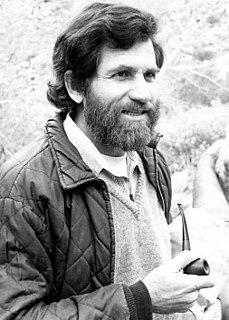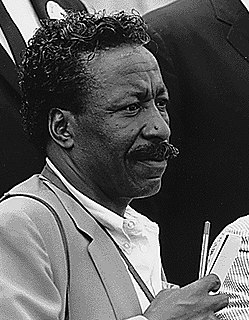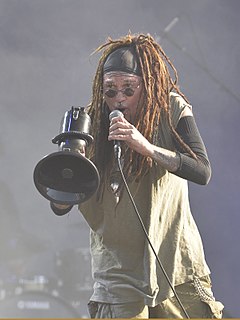A Quote by Algernon Charles Swinburne
There is no such thing as a dumb poet or a handless painter. The essence of an artist is that he should be articulate.
Related Quotes
There should be a law that no ordinary newspaper should be allowed to write about art. The harm they do by their foolish and random writing it would be impossible to overestimate--not to the artist but to the public.... Without them we would judge a man simply by his work; but at present the newspapers are trying hard to induce the public to judge a sculptor, for instance, never by his statues but by the way he treats his wife; a painter by the amount of his income and a poet by the colour of his necktie.
The poet or the revolutionary is there to articulate the necessity, but until the people themselves apprehend it, nothing can happen ... Perhaps it can't be done without the poet, but it certainly can't be done without the people. The poet and the people get on generally very badly, and yet they need each other. The poet knows it sooner than the people do. The people usually know it after the poet is dead; but that's all right. The point is to get your work done, and your work is to change the world.
A life lived in chaos is an impossibility for the artist. No matter how unstructured may seem the painter's garret in Paris or the poet's pad in Greenwich Village, the artist must have some kind of order or he will proudce a very small body of work. To create a work of art, great or small, is work, hard work, and work requires discipline and order.






































